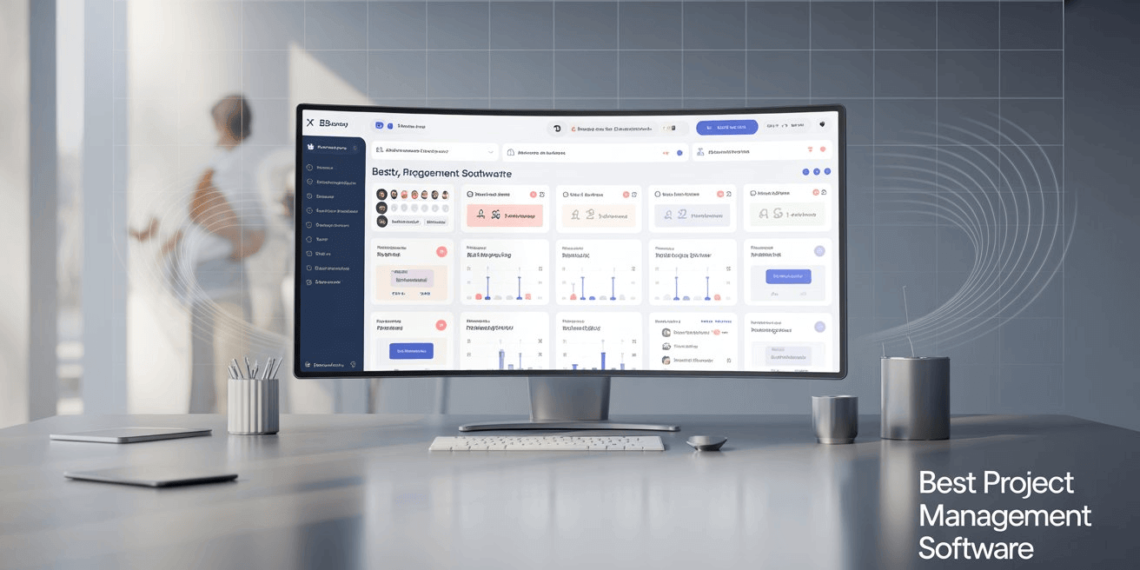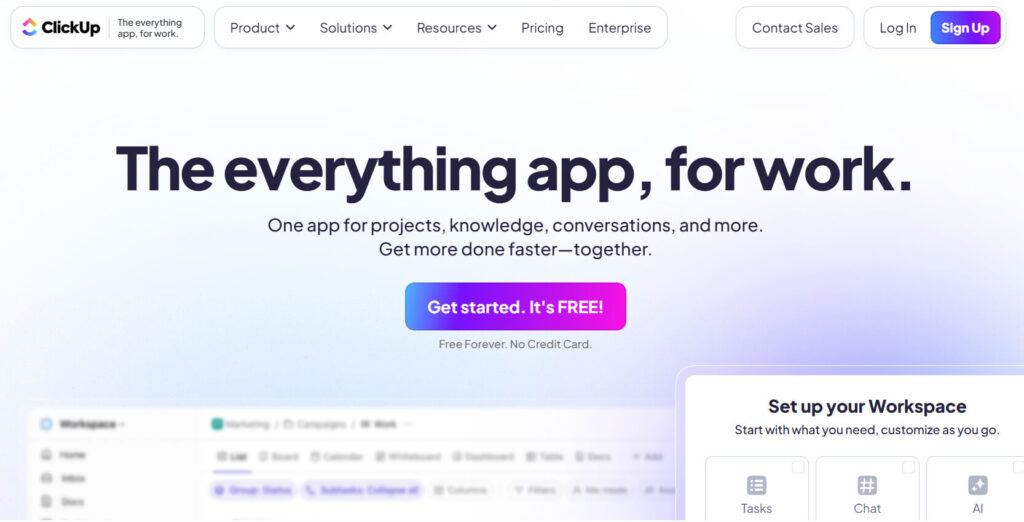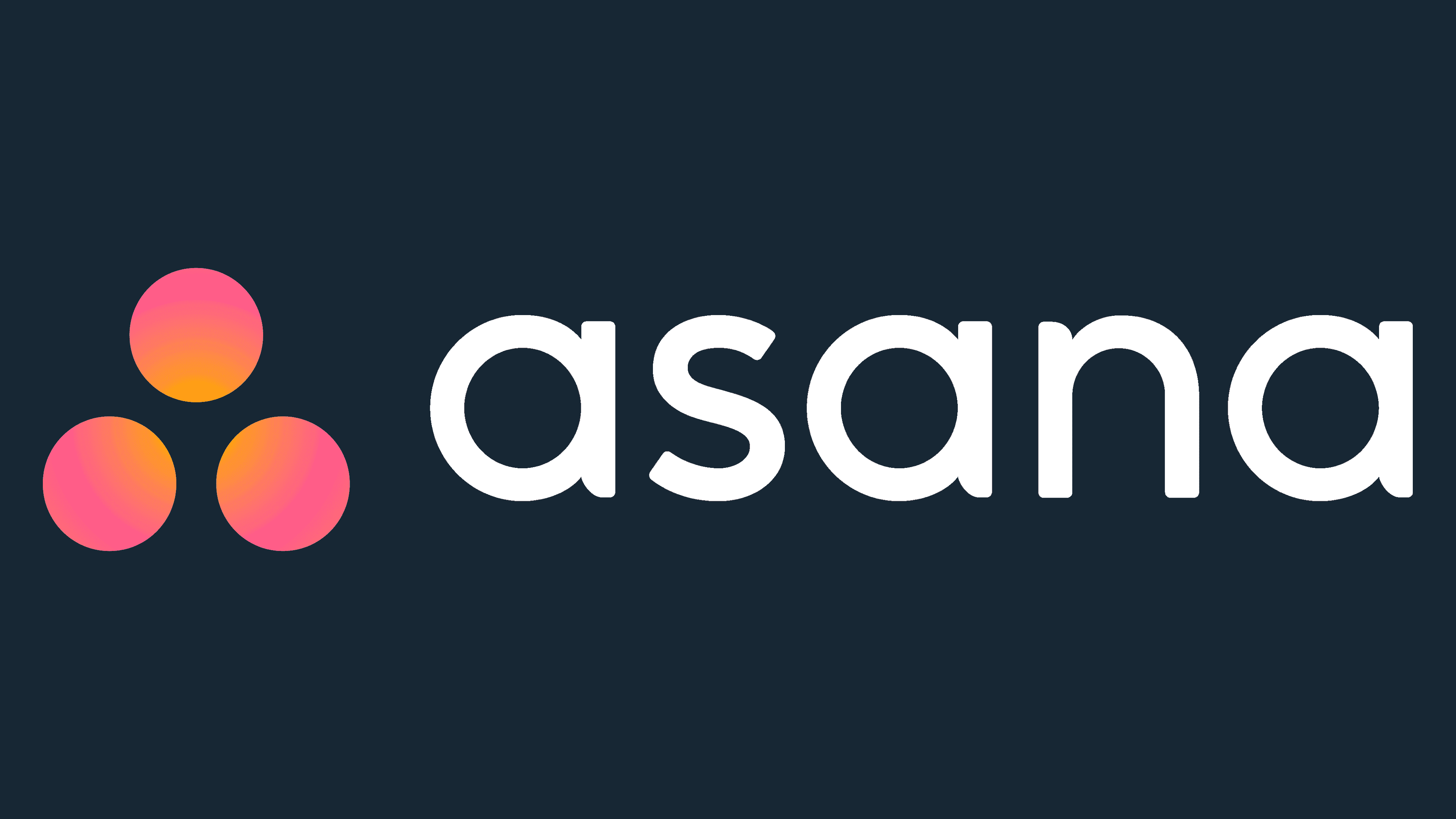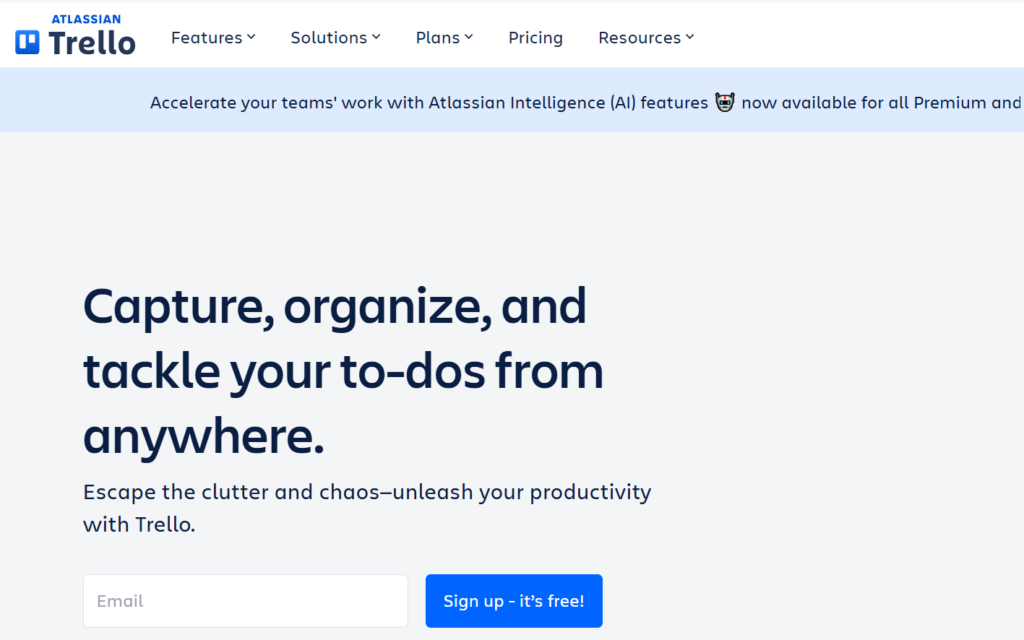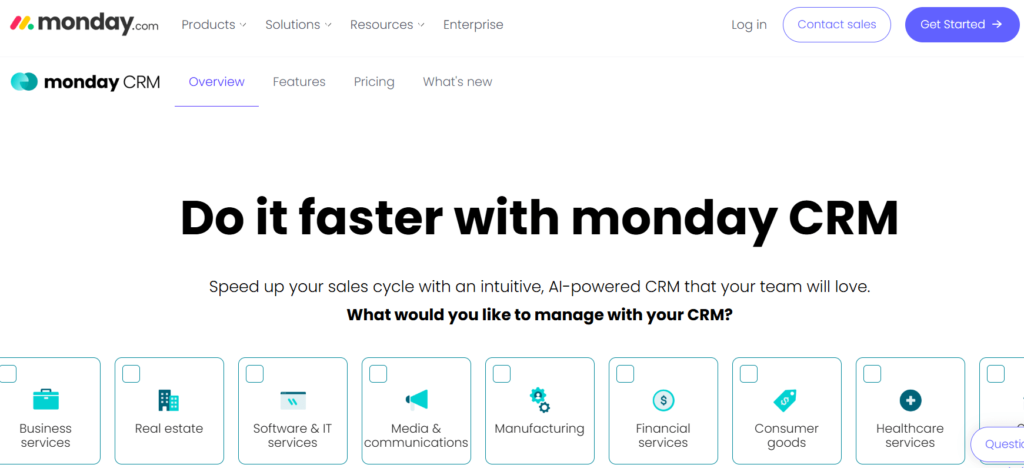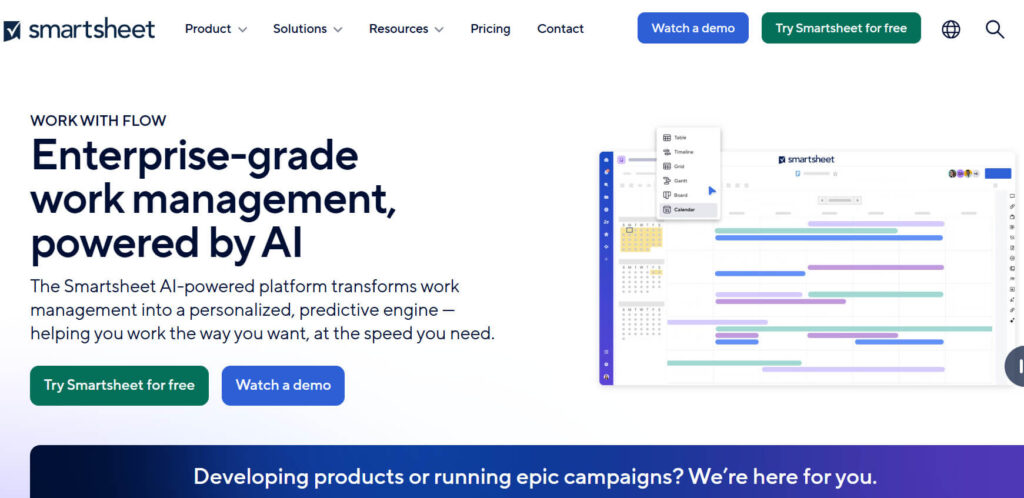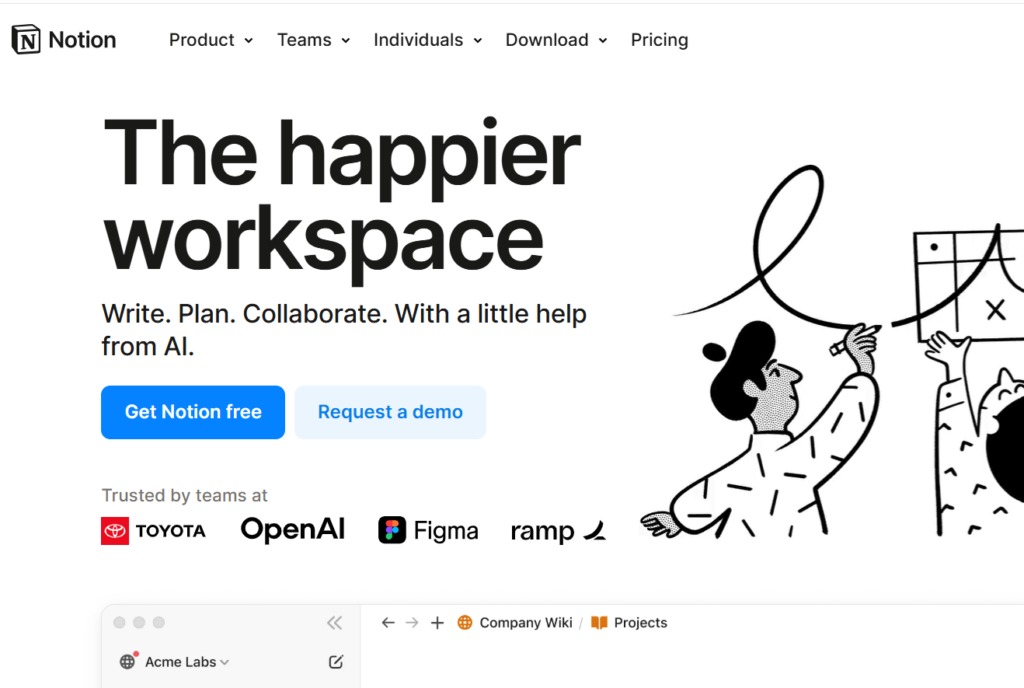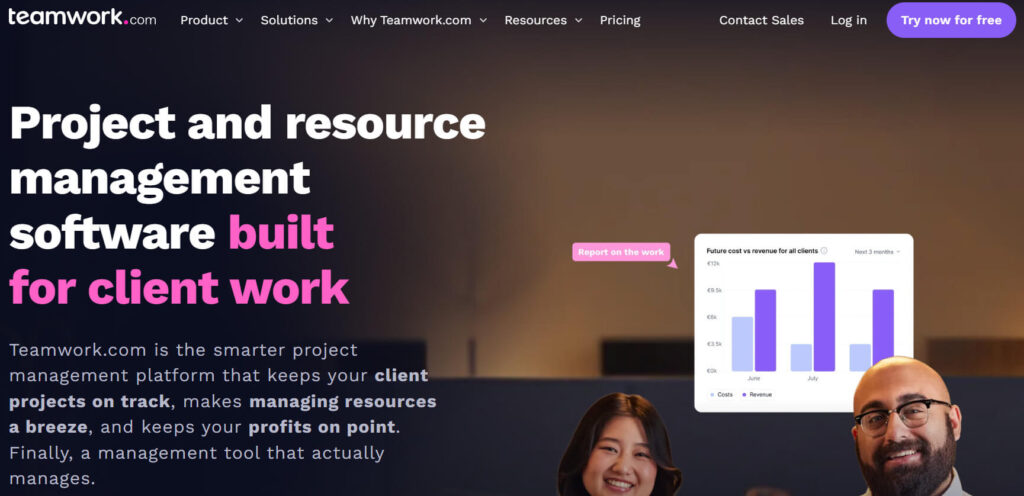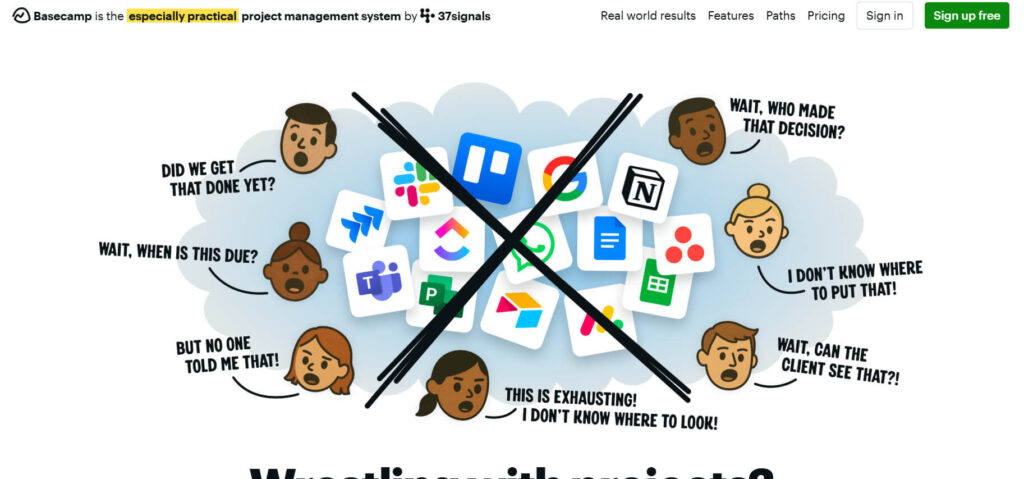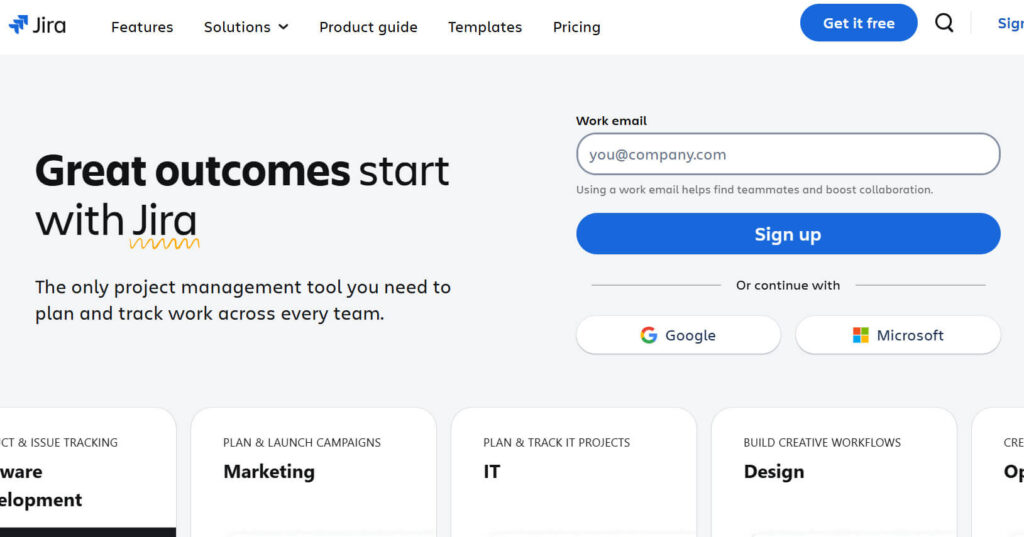In today’s fast-paced digital landscape, managing projects efficiently is more critical than ever. With remote teams, agile workflows, and increasing collaboration demands, having the right project management software can make the difference between success and chaos. As we head into 2025, the market is packed with powerful platforms designed to enhance team productivity, communication, and project tracking. This guide highlights the best project management software 2025 has to offer, helping you find the perfect fit for your team’s needs.
Why You Need Project Management Software in 2025
Whether you’re overseeing a small creative project or managing large-scale enterprise operations, project management tools provide a centralized space for planning, communication, task assignments, and progress tracking. Modern software supports real-time collaboration, integrates with other essential apps, and allows teams to work more efficiently across time zones and departments.
Key Features to Look for in Project Management Tools
Before diving into the top project management platforms, here are the essential features to consider:
-
Task and workflow management – Create, assign, and track tasks with timelines and dependencies.
-
Team collaboration – Built-in chat, comment threads, and file sharing enhance communication.
-
Time tracking and reporting – Monitor project timelines and team productivity with visual dashboards.
-
Custom workflows – Tailor project templates, fields, and automation to fit your team’s processes.
-
Integration – Seamlessly connect with apps like Slack, Google Workspace, Microsoft Teams, and Zoom.
-
Mobile access – Manage your projects on the go with robust mobile apps.
Top Project Management Software for 2025
Here are the top project management tools to consider in 2025, each with standout features, pricing options, and ideal use cases.
1. ClickUp
ClickUp continues to lead the way with an all-in-one platform that replaces multiple tools. Known for its customization and scalability, ClickUp supports task management, goal setting, time tracking, and document collaboration.
-
Ideal for: Teams of all sizes, especially startups and growing companies
-
Notable features: Custom dashboards, automation, and whiteboards
-
Pricing: Free plan available; paid plans start at $7/user/month
2. Asana
Asana remains one of the most popular project management platforms thanks to its intuitive interface and strong task management features. It’s especially useful for marketing, product, and operations teams.
-
Ideal for: Cross-functional teams needing workflow clarity
-
Notable features: Timeline view, project templates, and workload tracking
-
Pricing: Free plan available; Premium starts at $10.99/user/month
3. Trello
If you’re looking for a visual and easy-to-use project tracking software, Trello is a great choice. Based on a Kanban board system, it’s perfect for simple workflows and small teams.
-
Ideal for: Freelancers and small creative teams
-
Notable features: Card-based boards, Power-Ups, and Butler automation
-
Pricing: Free basic plan; Business Class starts at $10/user/month
4. Monday.com
Monday.com combines user-friendly visuals with enterprise-grade features. It’s versatile enough to be used across industries, from CRM and HR to IT project management.
-
Ideal for: Teams needing a flexible, scalable solution
-
Notable features: Color-coded dashboards, automations, and integrations
-
Pricing: Free trial; plans start at $8/user/month
5. Wrike
Wrike is a powerful project management software designed for large teams and enterprises. It offers advanced analytics, resource management, and Gantt charts for precise planning.
-
Ideal for: Enterprises and professional service firms
-
Notable features: Real-time collaboration, proofing, and risk management
-
Pricing: Free basic plan; Professional plan starts at $9.80/user/month
6. Smartsheet
For teams looking for a spreadsheet-like interface, Smartsheet is a top choice. It offers grid, card, Gantt, and calendar views while supporting complex project workflows.
-
Ideal for: Operations and data-heavy project environments
-
Notable features: Automation, dashboard reporting, and cross-project visibility
-
Pricing: Starts at $7/user/month
7. Notion
Notion has evolved beyond a note-taking tool into a full project management platform. It combines documentation, task management, databases, and wikis into a unified space.
-
Ideal for: Creative teams and content management
-
Notable features: Drag-and-drop editor, databases, and templates
-
Pricing: Free for individuals; Team plan starts at $8/user/month
8. Teamwork
Designed specifically for client work and service-based teams, Teamwork offers time tracking, invoicing, and task management in one solution.
-
Ideal for: Agencies and consultants managing multiple clients
-
Notable features: Client access controls, billing, and templates
-
Pricing: Free plan available; Deliver plan starts at $9.99/user/month
9. Basecamp
Basecamp offers a simplified approach to project management with to-do lists, schedules, and messaging. It’s particularly popular among remote teams looking for a no-fuss tool.
-
Ideal for: Small businesses and remote teams
-
Notable features: Campfire chat, file sharing, and Hill Charts
-
Pricing: Flat $15/user/month or $299/year for unlimited users
10. Jira
Jira is the top choice for agile project management software in development environments. With features like Scrum and Kanban boards, sprint planning, and bug tracking, it’s built for engineering teams.
-
Ideal for: Agile software development teams
-
Notable features: Roadmaps, workflows, and custom issue types
-
Pricing: Free for small teams; Standard plan starts at $7.75/user/month
Free and Budget-Friendly Project Management Tools
If you’re starting on a tight budget, there are excellent free project management tools that don’t compromise on quality:
-
Trello: Great for visual project tracking with a generous free plan
-
ClickUp: Includes tasks, docs, and limited automation in its free tier
-
Asana: Ideal for basic task lists and team collaboration
-
Wrike Free: Good for basic planning with limited users
These tools are ideal for freelancers, small businesses, and teams just beginning to explore project management platforms.
Best Project Management Software by Use Case
Agile Project Management Software
-
Jira and ClickUp offer top-tier agile tools for development teams with sprint planning, burndown charts, and issue tracking.
Remote and Hybrid Team Collaboration
-
Basecamp, Monday.com, and Teamwork are great for dispersed teams needing centralized communication and clear visibility.
Enterprise-Level Project Solutions
-
Wrike and Smartsheet deliver robust analytics, compliance, and workload management suitable for large-scale organizations.
Visual Project Tracking Tools
-
Trello and Asana provide intuitive visual tools like Kanban boards and timelines to enhance clarity and ease of use.
How to Choose the Right Tool
Choosing the best project management software depends on your team size, workflow complexity, and specific goals. Consider these tips:
-
Evaluate needs: Does your team need simple task lists or comprehensive workflow automation?
-
Consider integrations: Choose tools that fit your existing tech stack.
-
Check scalability: Ensure the platform grows with your team.
-
Test usability: A free trial can help gauge ease of use and team adoption.
Conclusion
The project management landscape in 2025 offers a wide array of tools tailored to every kind of team and industry. Whether you’re seeking agile project management software, simple task tracking, or full-scale collaboration platforms, there’s a solution to meet your needs.
By comparing the top project management tools based on functionality, cost, and use cases, you can confidently select the right platform to streamline your workflow and drive results. Try out a few options, take advantage of free trials, and invest in the solution that supports your team’s productivity and growth.

